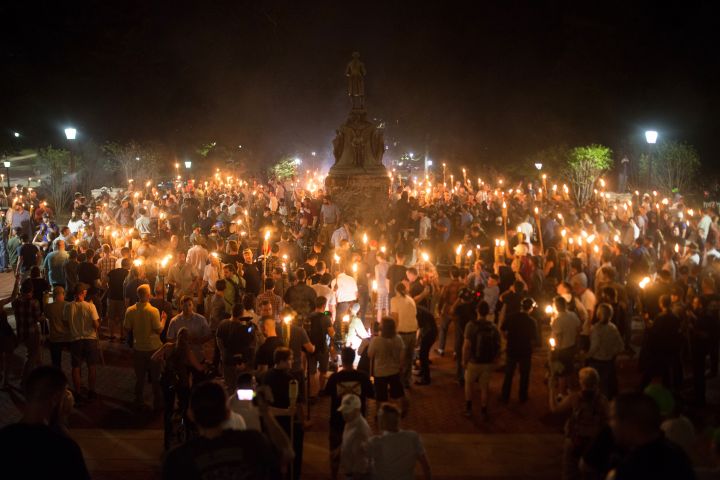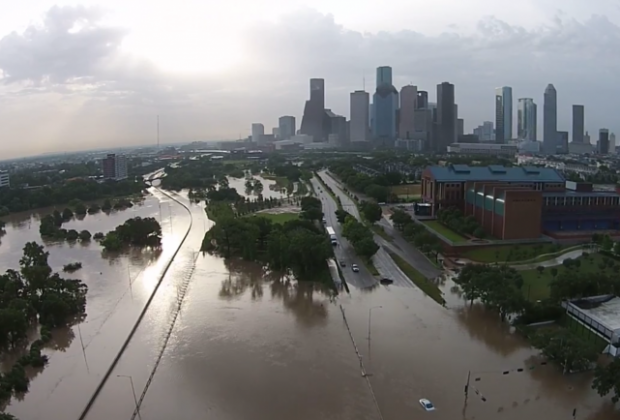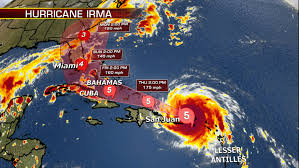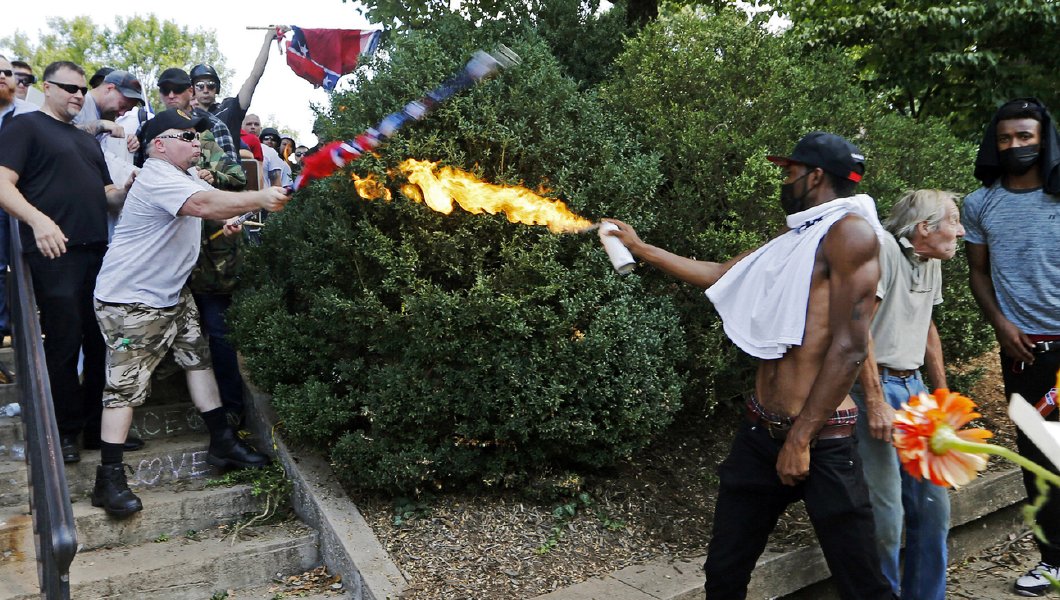I often wonder if it is my disposition to always be pensive and borderline depressive. Or if it is my association with a more type A personality, always striving to be efficient, productive, serious? Or if it is a reflection of the world that surrounds us? I feel like an old time blues singer, asking “why do I always have to sing the blues”. Perhaps this is a roundabout way of asking for patience with my oftentimes apocalyptic tomes.
I’m here in the US, sitting in a cafe in NYC, watching the daily commute of walkers and bikers. It’s a beautiful fall day, one of those days that reminds you of all the joys of the summer, giving you that last bit of warmth, but with the tiniest bite of cold in the evening that tells your body to get ready for the hibernation. Those days that make you feel happy to just let the sun wash over your face, warm but not hot, comforting but not overwhelming. The day holds a sense of happiness and hope. But for many in the US, this past month has shown clearly that while we may relish in the joy of what has passed, winter truly is coming.
Our month started off with the terrorist attack in Charlottesville, Virginia. For those not aware, a secret white supremacist rally was held on a Friday night at the campus of UVA. It was filled with hundreds of angry white men, complete with tiki torches (yes really) and chats of “blood and soil”, a key slogan for the Nazi regimen. Counter protestors were brutally attacked and the police were nowhere to be seen. The next day, a large gathering of white supremacists went to a central park for a sanctioned (i.e. legal) march. They were met by an even larger group of counter-protesters. Conflict between the groups quickly escalated, and as video evidence has shown, the violence was clearly started by the white supremacists. Non-violent counter-protesters were defended by anarchists, anti-fascists, communists, and other groups who embraced self defense and black bloc tactics. The white supremacist march was shut down, and during a period of celebration and regrouping, a young white supremacist drove his car into the crowd, injuring dozens and killing a protester, Heather Heyer. Other counter protesters were beaten with pipes in broad daylight. Militia men walked through the streets of Charlottesville as if they were walking the streets of some foreign land, M-16’s and body armor ready. Throughout it all, the police were nowhere to be seen, “protecting the perimeter”. Solidarity demonstrations erupted across the country. Trump offered a clear support of the growing fascist movement in the country, unwilling to push away his political base. The liberal media is at a loss, unable to condemn the self-defence of the counter protestors but unwilling to acknowledge that the foundations of our society are crumbling. The American Civil Liberties Union protects the fascists and white supremacists in the name of “free speech” while the alt-right is clearly co-opting the tactics of liberalism and nationalism to increase their political power.


At the end of the month, as the debate in the mainstream media about Russia and tax codes and debt burdens trolled on, the rise of massive “superstorms” loomed on the horizon of our southern coast. Houston, the fourth largest city in the US, was hit by the most amount of rain to ever hit the US. Large swaths of the city are still underwater, a week after the hurricane. Many people have died, and it is clear that the devastation to the city is just beginning. Many are arguing that Houston represents the paradigm of massive growth and infrastructure development without any thought to environmental concerns, adding the massive destruction. In addition, almost a quarter of the refined gas supplied to the US comes through the refineries in Houston, many of which have been damaged. Mixed with the flood waters runs gas and oil and untold other toxic chemicals, creating the beginnings of an environmental catastrophe. 
As the conversation around Hurricane Harvey shifts toward rebuilding, Hurricane Irma is on a straight path towards Miami, Florida. Miami chronically suffers from daily flooding, again an example of development within floodplains without consideration to climate factors. Who knows what damage a category 4 hurricane will do to the city. Our thoughts go to the safety of the residents and all other life there. Perhaps Irma will miss Florida, ironically a state where the government cannot use the term “climate change”. But right behind Irma is Hurricane Jose, their cousin Katia is battering the eastern coast of Mexico and who knows what other family members will show their face during this hurricane season. In addition, the west coast of the US is on fire, with massive uncontrolled wildfires running across the mountain ranges. In Bangladesh, a third of the country was flooded, suffering landslides that have killed hundreds of thousands. As has been clearly shown throughout history, those affected the most by the ravages of capitalism are not the beneficiaries of these systems.

The question of care looms behind all these thoughts. How are we to provide care in the broadest sense when people drive cars into crowds? When unsanctioned militia men walk armed down the street? When we are being ravaged by storms that are literally larger than the entire state being hit? The liberalism that infects this country, of trying to find compromise in everything and promotes a sense of powerlessness runs rampant in our culture. We watch “Game of Thrones” rather than think that perhaps we have our own white walkers. We worry about our careers and our next vacation. I watch the people out of the window heading of to work, assuming that since NYC represents such a nidus of capitalism, that their job somehow continues to facilitate my own destruction. I think of my own work in an ER, is my job any different? Am I also continuing to worry about my own individual world, desperately trying to walk a fine line of caring about the world but not letting those thoughts actually influence my life? I ask myself, if I truly think that the fundamental structure of our economics and society are being threatened, why am I paying back my school loans?
Yet through all this depression, there is always hope. Not that shitty optimism of the hippies or the progressives that are destroying our cultural sense of power. Not the general hope that everything will be ok, which is such a comfort for the petit bourgeois of this country. But a hope that we can find each other. That we can have the courage to face this destruction, and while I do not wish for the superstorms and the violence, it is here and is not going away. So let us embrace the fact that these represent potential vulnerabilities to the heart of neoliberal capitalism. That the police will not protect us, that our careers will not save us.

Our work cannot be to bemoan the possibility of this destruction, but to build the alternative world that will build on the ashes of this culture. This past weekend, I stared at the faces of my comrades, washed in the wondrous light of a campfire. We planned and schemed ways to build a new world together, letting our visions intertwine themselves with the smoke, rising up to the stars above. This hope exists everywhere. The OpenVillage conversations are working through the logistical obstacles of coming up with ways of being together across the country. As the Festival approaches, proposals about different ways to organize communities and tactical tools needed to rebuild worlds abound. The OpenVillage Festival will be a step in the direction of building an international community that feels the glimmer of hope that a new way of being can be built. But we must dedicate our lives to it. I don’t hold answers and often question my own complicity with this devastation. But it is clear, we must find each other, hold each other through the depression and sadness, fight against the comfort of nihilism, protect our communities from those who would harm it and learn to care for ourselves in ways that can overcome the material destruction of whatever comes. A new world is possible, we just have to walk it.
“We have nowhere to return to… And this is a conscious choice.”
 It’s not OpenCare but OpenVillage festival - I will edit it, if you disagree, please edit back
It’s not OpenCare but OpenVillage festival - I will edit it, if you disagree, please edit back …
…